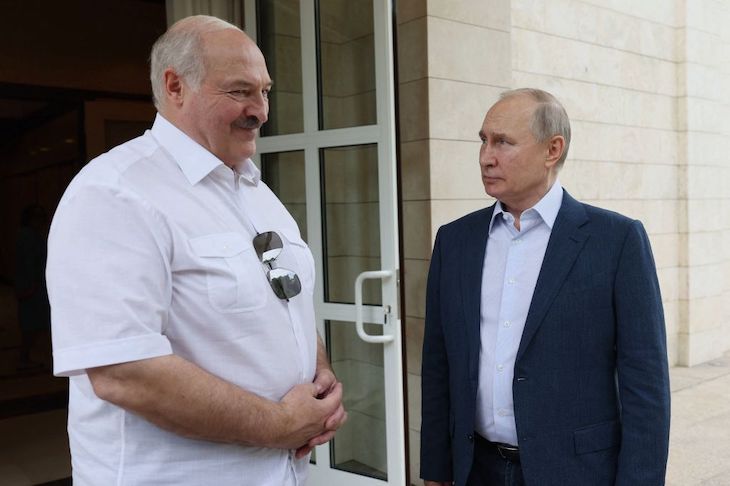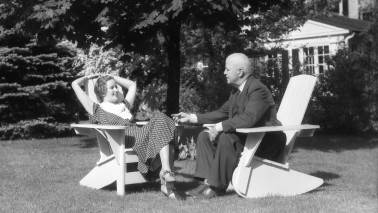What to make of the strange Prigozhin interlude? The putsch that was and wasn’t. The facts are simple. After an alleged attack on Wagner troops by the Russian army ordered by defence minister Sergei Shoigu and chief of general staff Valery Gerasimov, Prigozhin’s private army of 25,000 took control of the garrison town Rostov-on-Don and its airfield at 7.30am on 24 June. Shoigu fled the town and Gerasimov hid. A warrant for Prighozin’s arrest was issued in Moscow, as he quickly unleashed a ‘march of justice’ on the capital. The Kremlin doubled down and rolled out Putin on TV, who called the Wagner mercenaries’ actions ‘armed mutiny’, ‘a stab in the back’, ‘treason’ and warned that ‘everyone who deliberately embarked on the path of betrayal will suffer inevitable punishment’. He publicly all but proclaimed Prigozhin’s death certificate in terms that couldn’t be clearer.
Matters soon became surreal, however. Wagner troops found no opposition as they sped to Moscow and there were reports of even army-intelligence GRU not standing in their way.

Get Britain's best politics newsletters
Register to get The Spectator's insight and opinion straight to your inbox. You can then read two free articles each week.
Already a subscriber? Log in






Comments
Join the debate for just £1 a month
Be part of the conversation with other Spectator readers by getting your first three months for £3.
UNLOCK ACCESS Just £1 a monthAlready a subscriber? Log in